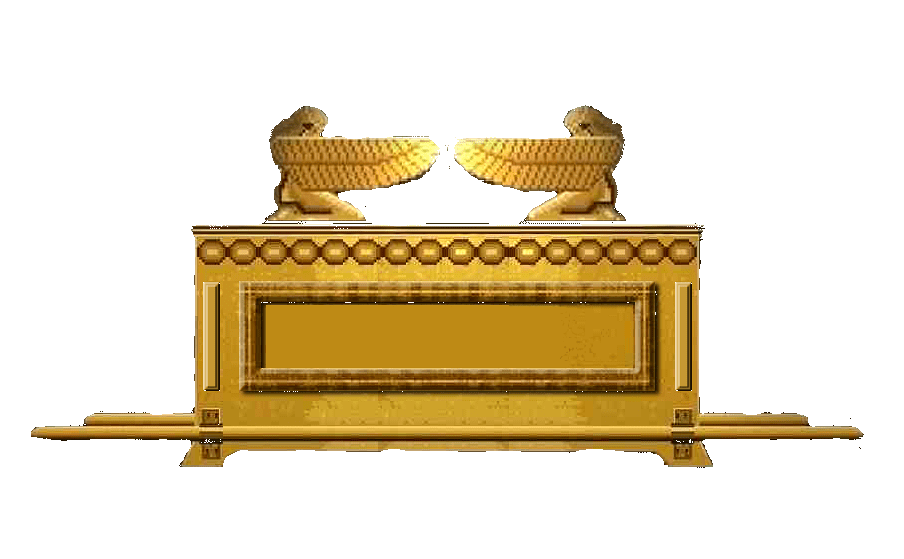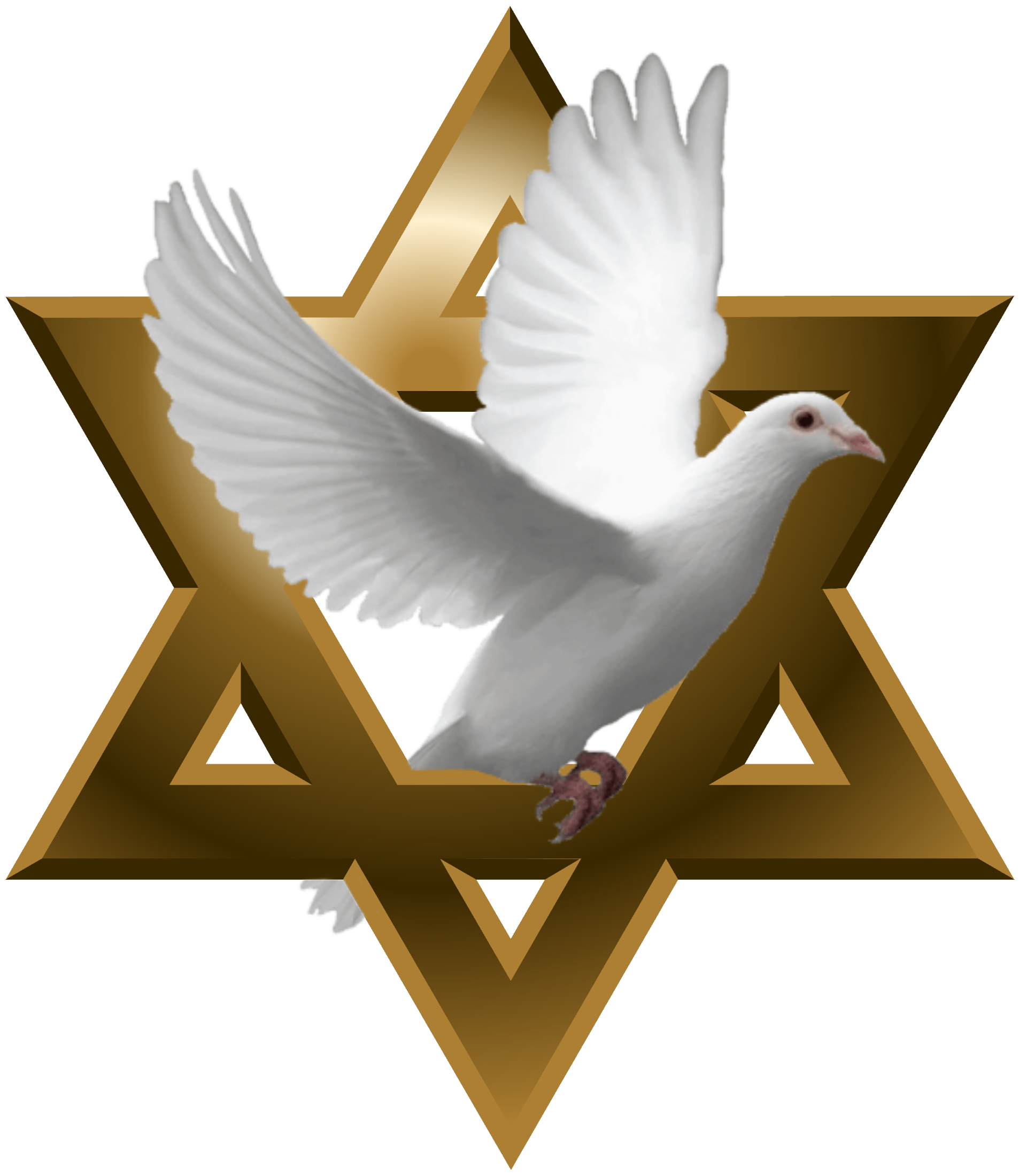TABERNACLE TIMES
THE TABERNACLE IN BRANSON'S MONTHLY NEWSLETTER
THE ART OF SHEPHERDING
August 2019 | Tammuz - Av 5779 | Volume 14 Issue 8
Technically a shepherd is a person who herds, tends, and guards sheep. One can safely say that the primary responsibility of a shepherd is the safety and welfare of his flock. Our Messiah Yeshua refers to Himself in John 10:11 as the “Good Shepherd”, Who lays down His own life for His Sheep. Abel, son of Adam and Eve, was the first shepherd mentioned in Scripture (Genesis 4:2). Many of the great leaders in the Bible began their lives as shepherds. Abraham, Isaac, Jacob, Moses, Joshua, and King David all started out as shepherds. Psalm 77:21 praises HaShem, noting that, “You led Your people like a flock, by the hand of Moses and Aaron”. Basically any person who leads anyone is a type of shepherd. Pastors and Rabbis are “shepherds” to their congregations. Elders are “shepherds” of the body of an assembly. Parents are “shepherds” over their children. Teachers are “shepherds” over their students. Employers are “shepherds” over their employees. Older children are often times “shepherds” over their younger siblings. King David speaks about life in the wilderness as a shepherd in the famous Psalm 23. HaShem chose David, His servant, according to Psalm 78, and took him from the sheepfolds, from the nursing ewes. He brought him to shepherd Jacob His people, and Israel His inheritance. So he shepherded them with the integrity of his heart, and led them with his skillful hands. We learn from Sefer Bamidbar (In the Wilderness), or the book of Numbers, that the journey through the wilderness was mainly to get the “Egypt” out of the Children of Israel. To change the hearts and minds of His people who were once slaves to know what it meant to be truly free. To learn and recognize the voice of their “Shepherd”. If you’ve ever taken the time to have your own “wilderness” experience, you might understand why this is important. HaShem wanted the responsibility of taking care of His flock. We also learn that Joshua (a shepherd), son of Nun explored the land of Israel as one of the 12 scouts and gave a good report about the land, describing it as a“exceptionally good land”. What kind of shepherd are you? Who is your flock? What can we learn from being a real “shepherd”? Let’s take a look at a few of the responsibilities of the shepherd and see how we can put them into practice in our lives. The main objective in the career of a shepherd is the safety and welfare of the flock. •A shepherd must graze the animals. In other words he must make sure his flock is fed. Whether literal food or spiritual food, fresh nourishment is needed to grow and to be healthy. Just as a growing child needs fresh food to grow, so does a congregation need fresh word, or spiritual food. This spiritual food is also necessary for the leaders as well. The shepherd must spend time in the Word. For if a shepherd properly feeds his sheep, they will be strong and healthy and multiply. The shepherd must look for good land for grazing. The shepherd leads, not drives, the flock to peaceful beds of soft grass. All types of leaders have the responsibility to “lead down paths of righteousness”. Leading by example, teaching what is truth. “Train up a child in the way he should go; and when he is old he will not depart from it” ~Proverbs 22:6 •During the grazing, a shepherd must carefully keep an eye out over the pasture so that no poisonous plants are consumed by the flock. Sin is always crouching at our door and our leaders are there to make sure we can recognize evil and avoid it at all cost. A shepherd must care for the sick animals in the flock, coax and encourage the aging of the flock, and protect the overall health of the his flock. Congregational leaders dedicate babies, welcoming them in to the “flock”, they visit the sick and aging, and bring healing. It was Yeshua who commissioned the disciples to “shepherd the lost sheep of the house of Israel”…”heal the sick, raise the dead, cleanse those with tza’arat (Biblical Leprosy), and drive out demons. Freely you receive, freely give.” Foot Washing •From birth to death, the shepherd is the leader of their flock. The sheep know the voice of the shepherd and they follow him. A shepherd is also willing to go after the lost sheep. In Luke 15:3-7, Yeshua explains that if one sheep is lost, the shepherd will leave his flock and go find the one that is lost and joyfully bring the sheep back upon his shoulders. •The shepherd also protects his flock from predators while traveling or grazing. As a shepherd, King David’s first concern was for his sheep. While caring for his father’s sheep, David went after a lion and a bear, smote them, and took back the lamb from the enemy’s mouth. This story is what convinced Saul to say, “Go!” And David, with the help of HaShem defeated the Philistine. In Psalms 23:3 David says that “He (The L~rd, his Shepherd) restoreth my soul”. The soul is the mind, will, and emotions. How does the shepherd do this? He affirms the sheep, rather than being critical. He encourages the sheep rather than being discouraging to them. He instructs rather than condemning them. He speaks blessing over them rather than cursing them. He protects them rather than feeding them to the wolves. And he gathers them together with the flock rather than scattering them in the wilderness. Evaluate yourself today. Who are your sheep? What kind of shepherd are you? What things might you do to become a better shepherd?

